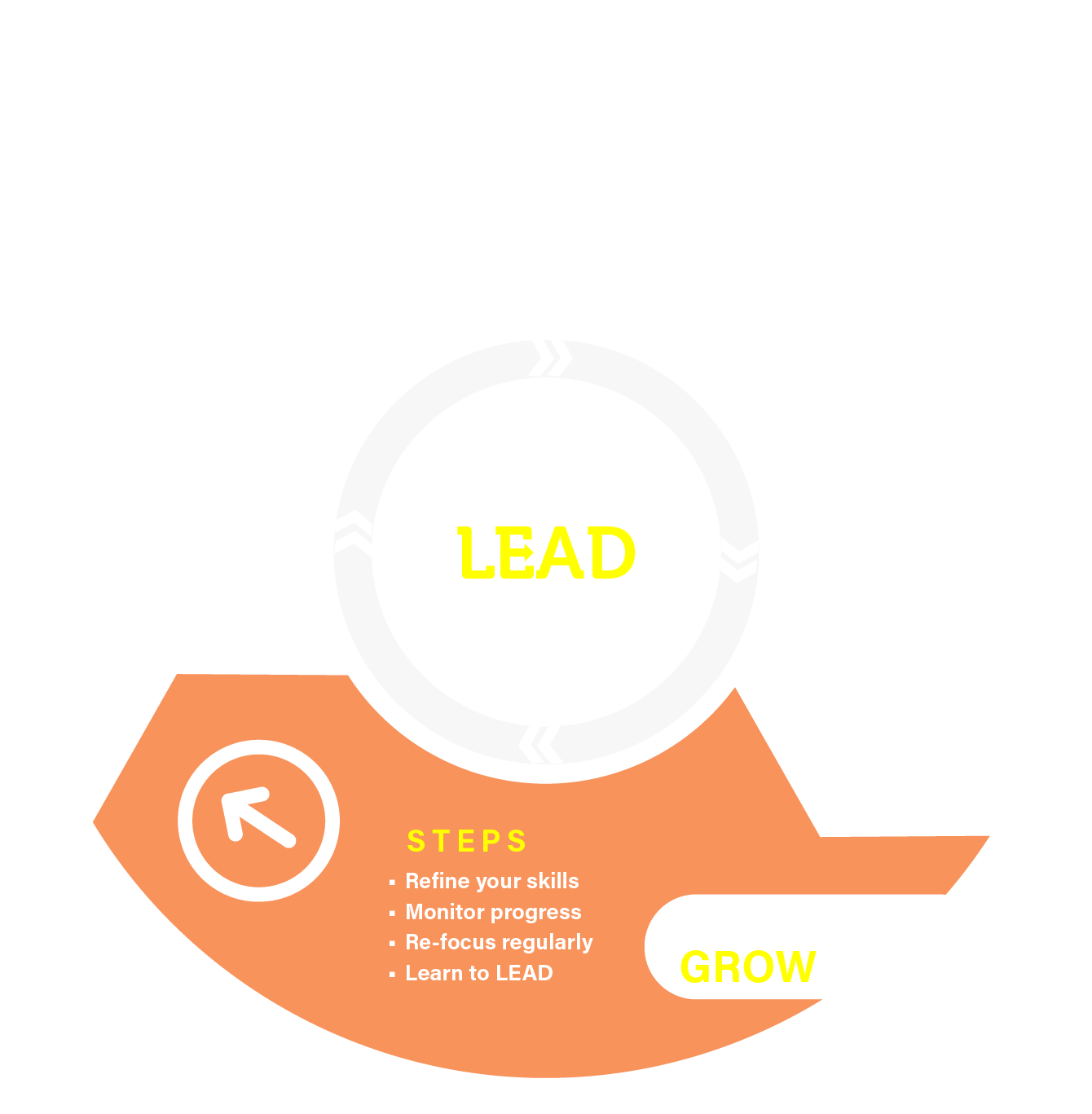The Problem. Our Solution.
The LEAD System
The Problem.
The lack of clear direction and strategy, a clear vision, mission and core focus causes the organisation to become unstructured in its organisational processes which inevitably leads to inefficiencies and operational hurdles.
It also hinders the organisations' ability to conduct thorough assessments of their performance, thus making it difficult to ascertain whether they are achieving what they set out to achieve, and whether they are doing what they are built for.
Consequently, this creates a challenging environment where achieving a balance between professional responsibilities and spiritual development becomes increasingly arduous, impacting both the individual employees and the overall success of the organisation.
Through decades of work within the Muslim third sector, we saw that trustees, volunteers and staff often encountered significant challenges with regard to direction, strategy, planning, professional development and Islamic spiritual growth. Additionally, Muslim faith-based organisations typically lacked programmes and resources essential for nurturing the professional skills and spiritual well-being of their staff and volunteers.
This shortfall not only impeded an employee’s capacity for professional advancement and excellence in their roles, but much more detrimentally was the lack of belonging and ‘buy-in’ to the vision and mission of the organisation. The most worrying on a personal level for employees and volunteers was the effect on their spiritual journey throughout their time in the Muslim faith sector.
Our Solution.
The LEAD System
To address the aforementioned challenges, we developed The LEAD System. This system encompasses a range of courses, hands-on training, organisational enhancement, mentorship, as well as Islamic and professional growth programs, tailored for both individuals and organisations. The system comprises of three distinct stages; Learn, Change and Grow. In each area of development, all three stages are used.
The "Learn, Change, Grow" model is a structured approach, each stage represents a key phase in the process of improvement and development.
This model emphasises a cyclical, ongoing process rather than a linear one. The idea is that by continually going through these stages, an individual or organisation can consistently evolve and improve.
Here's a breakdown of each step:
LEARN
Identification and Understanding: This stage involves identifying areas for improvement or development, either personally or organisationally. This might include acquiring new knowledge, skills, or understanding of certain situations or environments.
Information Gathering: Learning requires gathering information from various sources. It's important to be open to new ideas and perspectives during this phase.
Reflection: Learning is not just about absorbing information; it's also about reflecting on what has been learned, understanding how it applies to you or your organisation, and how it can be integrated with existing knowledge.
CHANGE
Planning: After learning: the next step is to plan how to implement this new knowledge or skill. This might involve setting goals, creating strategies, or developing action plans.
Implementation: This is the action phase where the plans are put into practice. This could involve changing behaviors, trying new approaches, or applying new skills in practical scenarios.
Adaptation and Adjustment: Change is often challenging and might require adjustments along the way. This step involves being flexible and adaptable, making necessary modifications to strategies or approaches based on feedback and outcomes.
GROW
Integration and Habit Formation: Growth involves integrating the new changes into regular practices. It's about turning the new behaviors or skills into habits.
Continuous Improvement: Growth is not a one-time event but a continuous process. This phase involves constantly seeking ways to improve and evolve based on the changes made.
Results and Reflection: Finally, it's important to measure the results of the changes and reflect on the growth that has occurred. This reflection can then feed back into the 'Learn' stage, creating a cyclical process of ongoing development.





